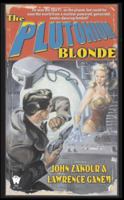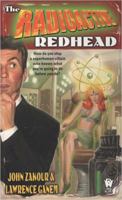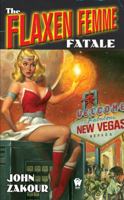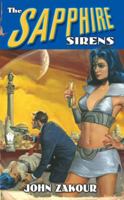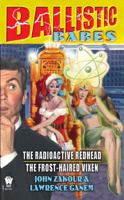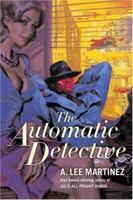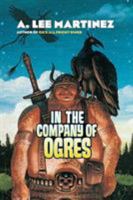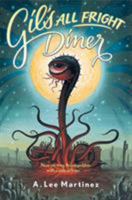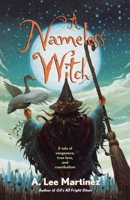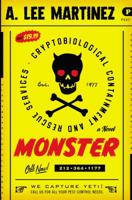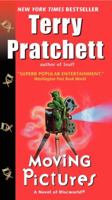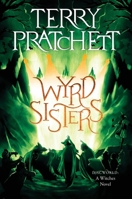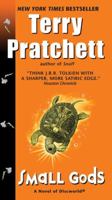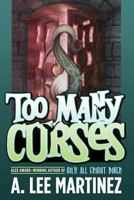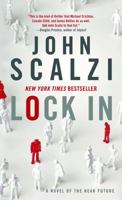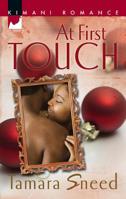You Might Also Enjoy
Book Overview
Customer Reviews
Rated 5 starsNew Spring (Wheel of Time)
I thought this book great. It was a great way for Robert Jordan to give us more detail of two very important characters. It helps us understand how they began and where the story "The Wheel of Time" started. I loved it!!! I am also looking forward, to hopefully, the many more books in "The Wheel of Time" series.
1Report
Rated 5 stars15 years, and his talent still ceases to amaze...
Jordan's Wheel of Time series has been criticized over the past several years for "slowing down too much" if you will, and he's been accused of milking the series for more than it's worth. Now, when he comes out with a fresh idea intended to try and sate people's appetites, he gets even more criticism. Well, here's a look from the other side of the fence, I'll try to be blatant and short throughout. Long time readers...
3Report
Rated 5 starsI'M STILL IN!!
No matter what people say, Robert Jordan's works are astounding. I've read all the books in the Wheel of Time series and have to say, Robert Jordan is one of the greatest writers whose books I have read. New Spring is an example of how great his books are. New Spring is filled with action, emotion, thoughts, and other great things to fill the gaps. It is a great book, otherwise I would not be here writing about it. New...
1Report
Rated 5 starsMr. Jordan is enjoying his writing again.
First off, let me say that I never read the "New Spring" short story in "Legends". Now, having said that, I think the novel is a damned good read. Mr. Jordan seems to have picked up his pen and written a story that he wanted to write. I get the impression he needed to take a break from the regular series. (Who wouldn't? Have you seen all of the rabid fan sites? They won't give the poor guy any peace!) The novel is simply...
2Report













